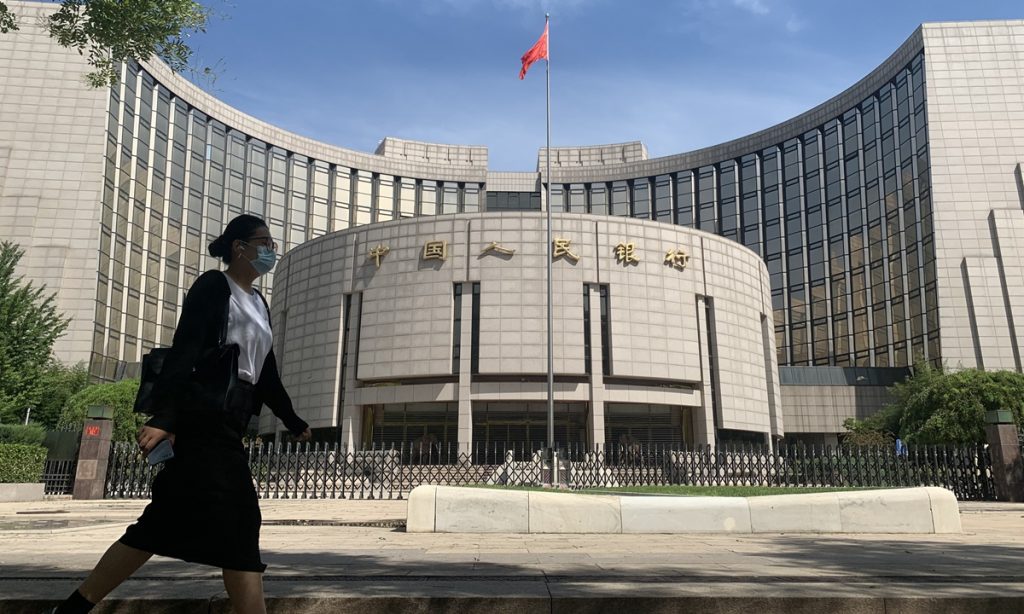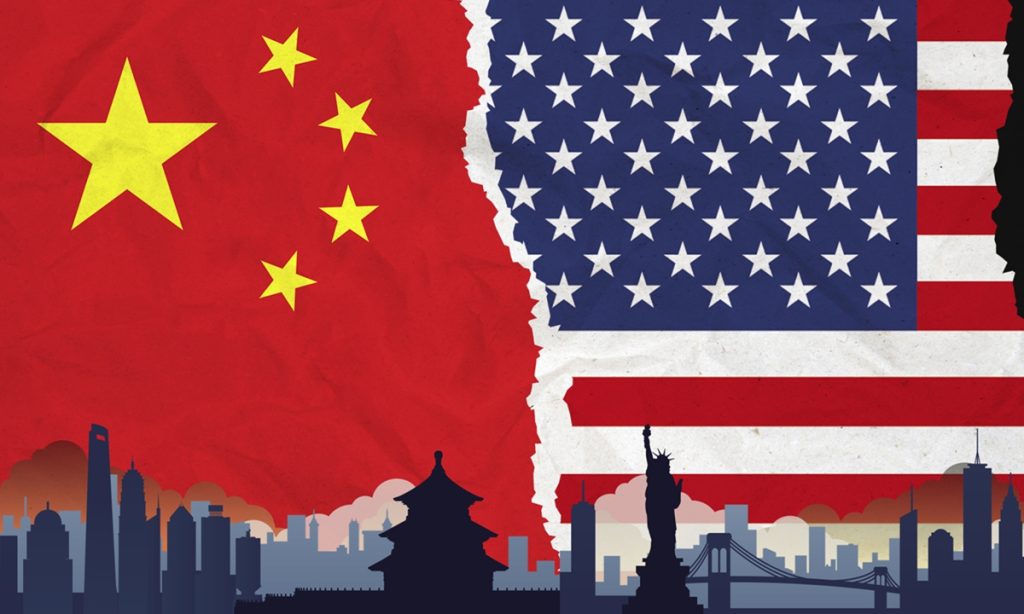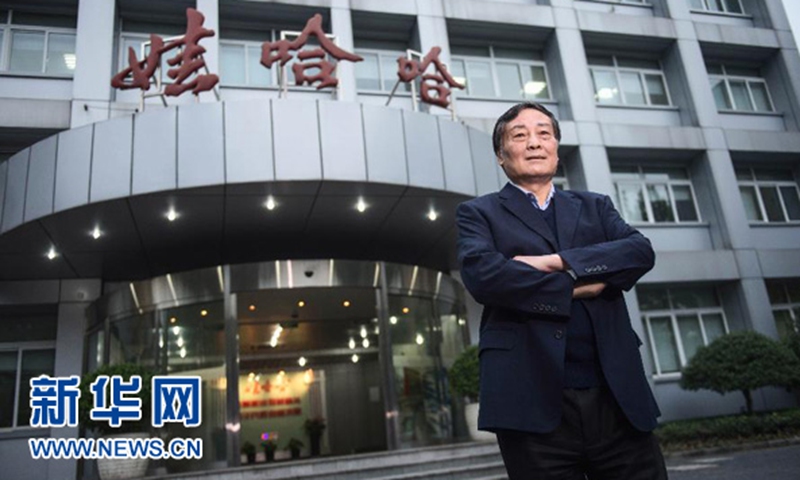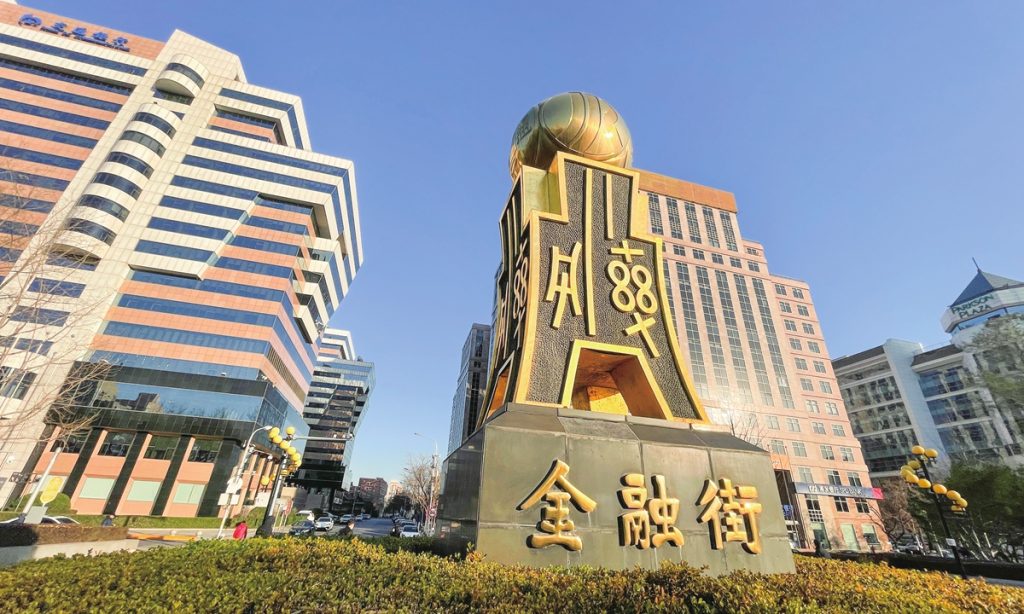China’s trade with India expands 15.8% in first two months, one of the fastest growth rates among major trade partners
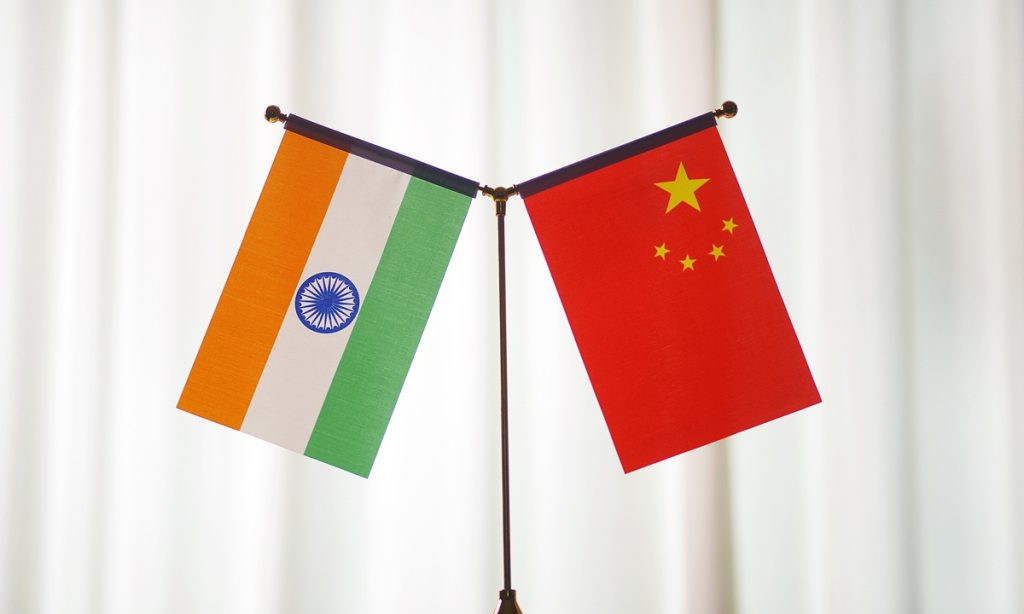
China's trade with India in the first two months of 2024 surged by 15.8 percent year-on-year, ranking the country as having one of the fastest growth rates among China's trading partners, data from the General Administration of Customs showed on Thursday.
China's trade with India reached $23.2 billion during the period, with Chinese exports growing by 12.8 percent to reach $19.5 billion and China's imports from India rising by 34.7 percent to hit $3.7 billion.
The growth rate of trade with India was one of the fastest among China's trading partners during the two months.
In US dollar terms, China's trade with Vietnam soared by 21.6 percent for the period.
"The robustness of bilateral trade with China, despite a slew of trade restrictive measures imposed by the Indian government, reflects the resilience and complementarity of the two economies at the current stage," Liu Zongyi, secretary-general of the Research Center for China-South Asia Cooperation at the Shanghai Institutes for International Studies, told the Global Times on Thursday.
"It also demonstrated India's economic vitality as one of the fastest-growing emerging economies in recent years," Liu said.
Robust imports from China are mainly supported by the country's strong demand for intermediate goods such as active pharmaceutical ingredients, vital ingredients for its drug industry, and electronic components for its smart phone manufacturing industry, Liu noted.
In recent years, India has been trying to replace China as the world's manufacturing powerhouse but Liu noted that the trade figures showed that "India's ambition remains a vision rather than reality at the current stage."
India's soaring exports to China may be the result of exports relaxing measures for iron ore, which is a bulk exports item to China, according to Liu.
Despite New Delhi's trade restrictive measures and its relentless suppression of Chinese companies operating in India, the two-way trade between China and India exceeded $100 billion in recent consecutive years and kept rising annually, showing the resilience and potential of economic and trade cooperation between the two countries, analysts noted.
China's trade with other BRICS countries remained robust during the period.
Trade with Russia grew by 9.3 percent year-on-year in US dollar terms while trade with Brazil grew by 33.3 percent. Trade with South Africa edged up by 1 percent.
China posted an overall foreign trade growth of 5.5 percent during the January-February period in US dollar terms.

